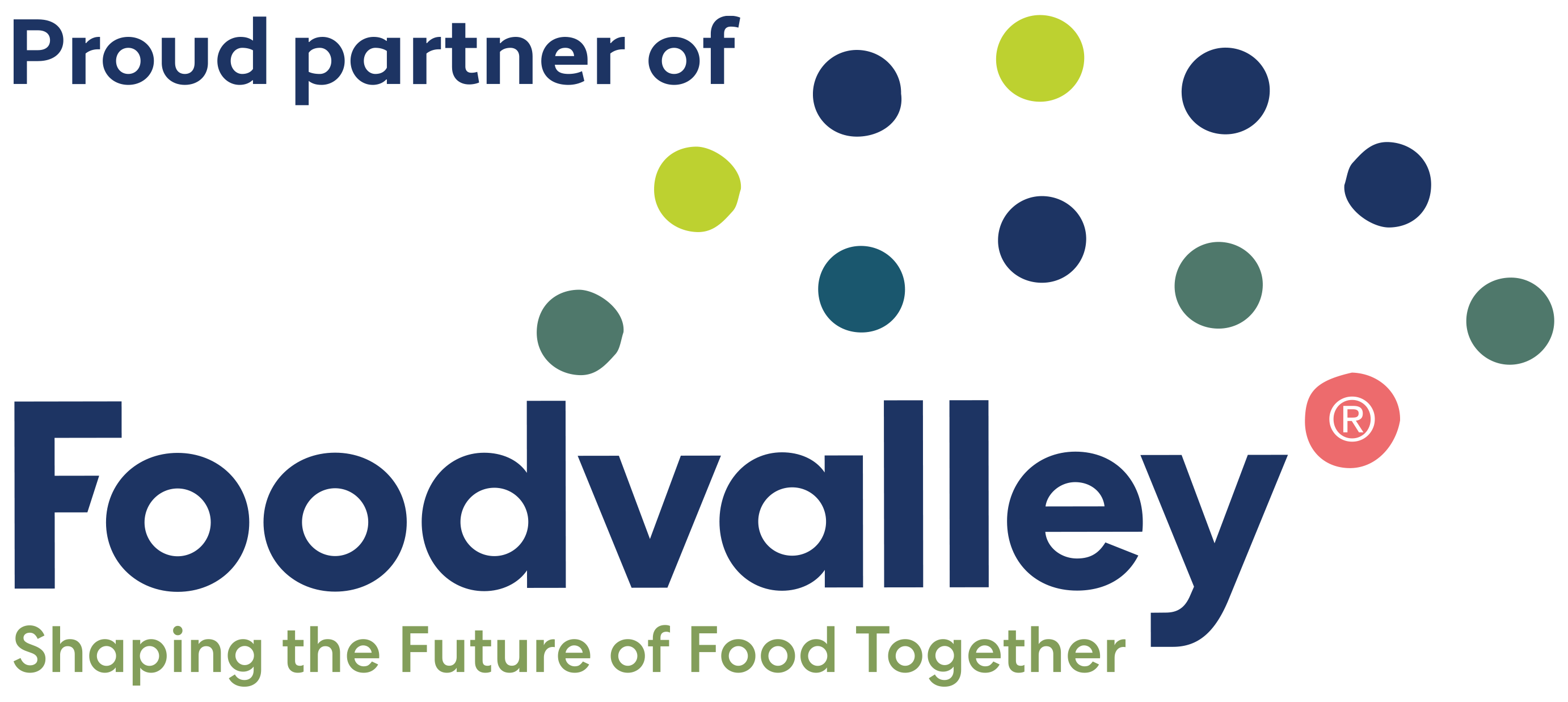OUR STORY & MISSION
We’ve started as a craft breakfast room and bakery, “HANDELEK” in Kraków, Poland. Our menu was based on sourdough traditional recipes and good quality local products – baking several types of bread, challah, buns, baguettes.
Our business grew rapidly, and breads were sold not only in our premises, but also through external stores to which we delivered the goods – shortly, we were one of the largest local craft bakeries.
Our business grew rapidly, and breads were sold not only in our premises, but also through external stores to which we delivered the goods – shortly, we were one of the largest local craft bakeries.

.webp)
the rug was pulled from under our feet

.webp)
Before we knew it, the global pandemic was upon us in 2020, and then there was a nearby war that changed everything. Rising energy prices, fewer customers, and higher operational costs made our business growth impossible. Returns from stores increased, and even a farmer who took unsold bread from us for animal feed stopped coming. Despite our best efforts, we couldn't accurately predict demand, leading to days when we had to dispose of dozens of loaves. It was a major setback for us.
the A-HA MOMENT
We realized that other bakeries and stores experienced the same problem with unsold bread.
We were horrified to see how much bread is wasted, how many emissions are generated by its landfilling, and how huge amounts of water, raw materials and energy are irretrievably lost. We felt compelled to find a solution.
We were horrified to see how much bread is wasted, how many emissions are generated by its landfilling, and how huge amounts of water, raw materials and energy are irretrievably lost. We felt compelled to find a solution.












.png)







